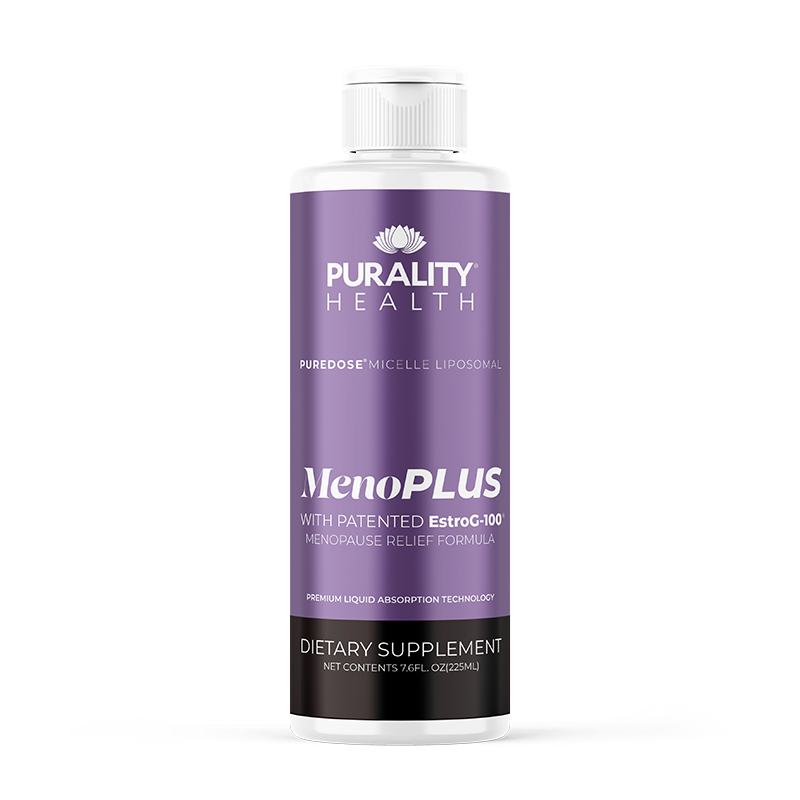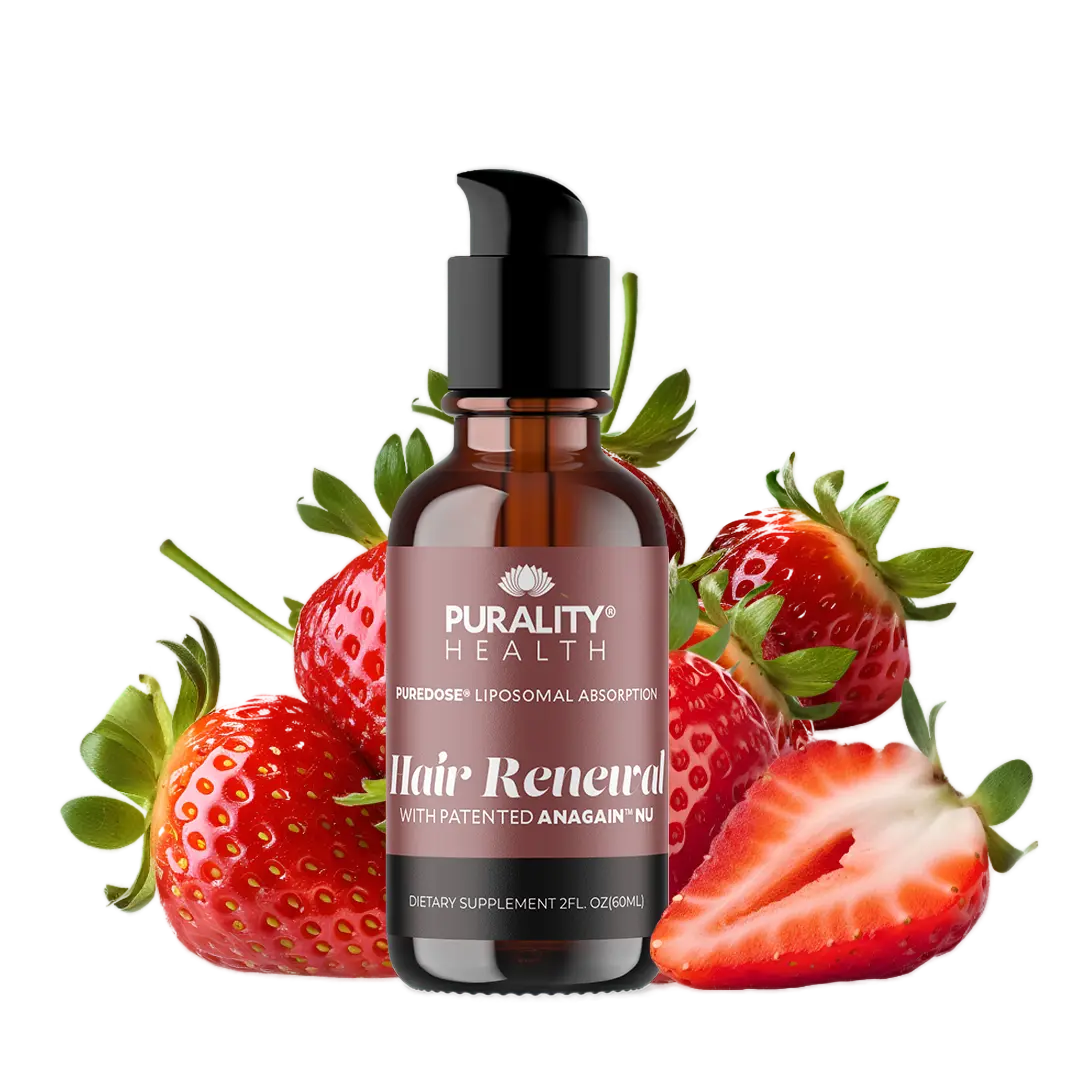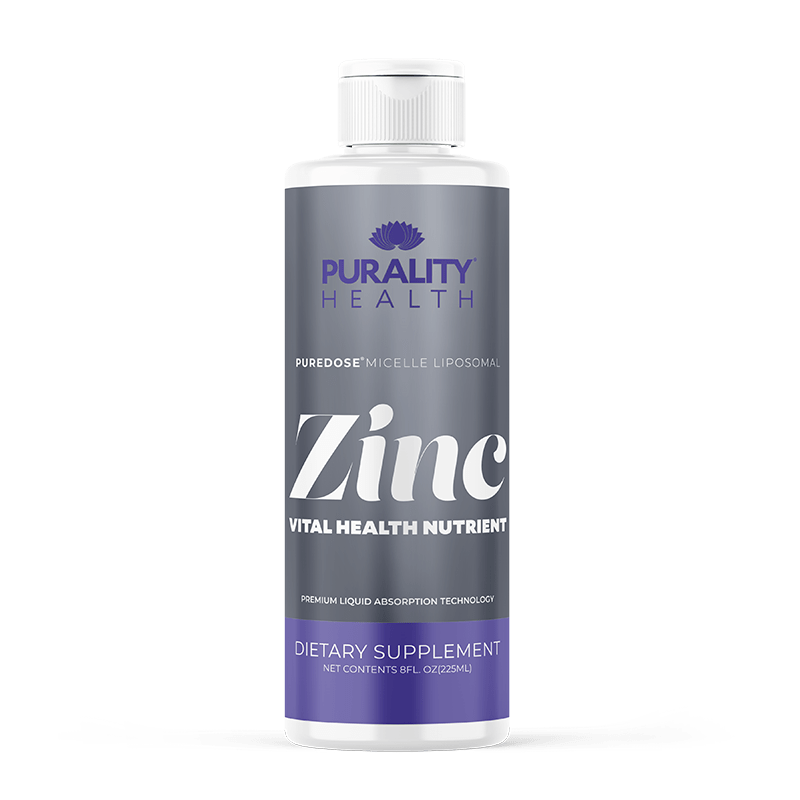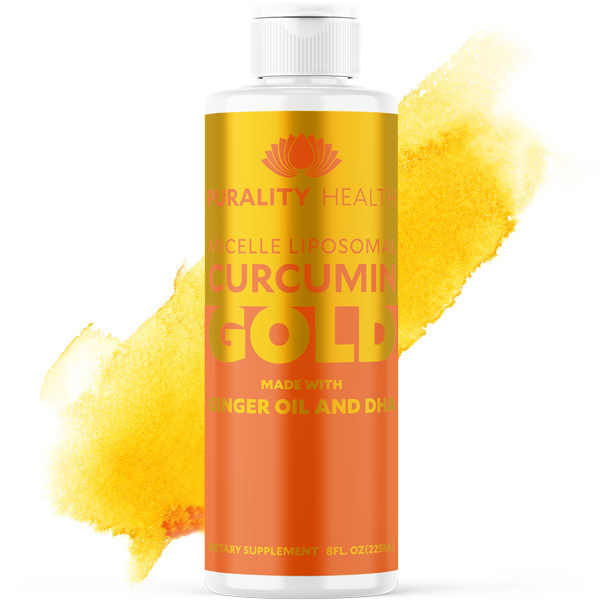The Top Foods To Prevent Memory Loss
 If you’re concerned about brain health or cognitive decline – there’s a diet for that!
If you’re concerned about brain health or cognitive decline – there’s a diet for that!
Don’t worry, though. You don’t need to follow the diet to a tee in order to reap its amazing brain benefits. But following along with some, most, or all of the foods of the diet can have a lasting impact.
It’s called the “Mediterranean-DASH Diet Intervention for Neurodegenerative Delay”, or MIND diet for short. Get it?
Anyway, the MIND diet – as you may have guessed – incorporates the Mediterranean diet, a meal plan which surrounds the foods eaten by those living in countries like Greece and Italy, mixed with the Dietary Approaches To Stop Hypertension (DASH) diet. Both of these diets have shown to help reduce the chances of developing conditions related to cognitive decline.
And so has the MIND diet on its own.
A study out of Chicago found that the MIND diet lowered the risk of cognitive decline by 35% for those who followed it moderately well, and by 53% for those who followed it more precisely. [1]
Essentially, the more of these brain healthy foods that the participants ate, the better they scored. What’s more, researchers indicated that those who scored the best had slowed their rate of cognitive decline by 7.5 years compared to those who scored the worst.
And all they had to do was eat the following foods.
If you want to help keep your brain and memory in tip top shape for years to come, regularly eat as many of the foods on the following list as possible!
Green Leafy Vegetables
When it comes to boosting brain health, green leafy vegetables come out on top.
Not only did the initial MIND study find that just one serving of green leafy vegetables per day contributed to a decreased risk of cognitive decline, but other research has found similar results. [1, 2, 3]
Good green leafy choices include kale, spinach, and collard greens. They’re a rich source of nutrients like folate, vitamin E, carotenoids, and flavonoids.
Add these to salads or a smoothie!
Other Vegetables
This may seem vague, and obvious, but a wide range of vegetables is critical to good health, including the health of the brain. We all like different foods, however, so simply making sure that you’re taking in a sizable amount of vegetables is important.
Researchers from the MIND study state that this is a wide range of foods, including bell peppers, squash, carrots, broccoli, celery, potatoes, peas, lima beans, tomatoes, tomato sauce, string beans, beets, corn, zucchini, summer squash, eggplant, or any dish that incorporates vegetables. [1]
Essentially, it hardly matters what type of vegetables you eat or how you eat them – just get a good range of them into you every day!
Nuts
Almonds, cashews, pistachios – nuts are loaded with nutrients that are amazing for your health. That includes the health of your brain, thanks to their high contents of healthy fats, flavonoids, and protein, which are critical to brain health. [4]
One nut in particular that has been singled out for brain health are walnuts. And it’s not just because they’re kinda sorta shaped like brains!
It’s because research has been done on walnuts and cognitive decline, and it’s been found that the nut may help lower the risk in older adults. [5]
MIND researchers recommend eating nuts as a snack on as many days as possible.
Berries
It seems like every list in existence about foods that are healthy for you includes berries. That’s because the power of these sweet little treats cannot be overstated.
Though all berries are great, researchers looked at strawberries and blueberries in particular, finding that greater intakes of both these berries led to slower cognitive decline in older adults. [6]
For best benefit to brain health, eat berries at least twice per week.
Beans
Beans, beans, the magical fruit, the more you eat, the more astute (you’ll be).
At least, that’s according to the research. High consumption of these legumes has been associated with increased cognitive performance. [7]
Researchers suggest eating beans, lentils, soybeans, and other legumes at least three times per week to reap the brain health benefits. Take a look online. You may be surprised by how many recipes can incorporate these foods – from black bean chocolate cake to lentil loaves!
Whole Grains
Whole grains are filled with nutrients that help the brain. They offer a flow of energy through the brain in the form of glucose, as well as offer vitamin E, antioxidants, B vitamins, minerals, phytochemicals, healthy fats, and fiber.
Researchers recommend having about three servings of whole grains per day, such as whole wheat bread, brown rice, or oatmeal.
Fish
According to the researchers in the MIND study, “fish are a rich source of long-chain n-3 fatty acids, which have been shown to reduce Aβ [amyloid-beta] formation and oxidative damage, and to increase synaptic proteins and dendritic spine density.”
In other words, the omega 3 fatty acids in fish can help reduce some of the main causes of cognitive decline.
Studies have shown that eating just one meal which incorporates fish per week can help slow cognitive decline. [8]
But the research indicated – at least for brain health – that there was no increased benefit to eating more than the one serving of fish per week. As such, researchers recommend having fish once per week.
Extra Virgin Olive Oil
Olive oil is a staple of the Mediterranean diet, and the research has shown that it’s a major proponent of what makes the diet so healthy.
Studies have found that olive oil intake can increase cognitive function and improve cognition scores. [9, 10]
This is thanks to olive oil being full of healthy fats that benefit the health of the brain. Researchers recommend using olive oil as your primary cooking oil in the kitchen. And be sure to get “extra virgin olive oil”, as it is less processed and retains more of its nutrients and antioxidants as a result.
What To Avoid
While the above eight types of foods are what you should be striving to eat as much as possible, there are also certain foods which can increase the risk of cognitive decline that you should try to avoid.
These include:
- Red meat
- Butter and stick margarine
- Cheese
- Pastries and sweets
- Fried or fast food
Generally speaking, these types of foods have a variety of problems, but as it pertains to the brain, they contain a high amount of saturated fats and trans fats.
Curcumin For Brain Health
One food that certainly deserves mentioning when it comes to the health of the brain is the powerful compound of turmeric known as curcumin.
Here’s why…
Neurons are capable of multiplying, forming new connections, and increasing in numbers.
A main driver of this is a protein-making gene responsible for promoting the life of neurons, called brain-derived neurotrophic factor (BDNF).
BDNF protein plays a role in memory, learning, and decreased levels of it have been linked to several learning disorders and cognitive decline. [11, 12, 13, 14]
Curcumin has been found to increase levels of BDNF, which researchers believe could have a great impact on brain health, cognition, memory, and learning. [15, 16, 17, 18]
One study found that supplementation of curcumin led to improved mood and memory. [19]
Are you looking to improve mood and memory?
We may be able to help with that!
But you don’t want to take just any curcumin.
>>> Click here to see why our Curcumin Gold can actually make a difference
References and Resources:
- https://www.ncbi.nlm.nih.gov/pmc/articles/PMC4581900/
- https://pubmed.ncbi.nlm.nih.gov/29263222/
- https://pubmed.ncbi.nlm.nih.gov/15852398/
- https://wexnermedical.osu.edu/blog/boost-your-brain-power-with-the-right-nutrition
- https://academic.oup.com/ajcn/article/111/3/590/5698105?login=true
- https://onlinelibrary.wiley.com/doi/abs/10.1002/ana.23594
- https://link.springer.com/article/10.1186/s12967-017-1209-5
- https://jamanetwork.com/journals/jamaneurology/fullarticle/790080
- https://content.iospress.com/articles/journal-of-alzheimers-disease/jad111799
- https://jnnp.bmj.com/content/84/12/1318.long
- https://medlineplus.gov/genetics/gene/bdnf/
- https://www.frontiersin.org/articles/10.3389/fncel.2019.00363/full
- https://www.nature.com/articles/s41598-020-73576-1?utm_medium=affiliate&utm_source=commission_junction&utm_campaign=3_nsn6445_deeplink_PID100090071&utm_content=deeplink
- https://www.ncbi.nlm.nih.gov/pmc/articles/PMC6358753/
- https://www.hindawi.com/journals/mi/2017/6280925/
- https://www.sciencedirect.com/science/article/abs/pii/S0166432812006997
- https://www.ncbi.nlm.nih.gov/pmc/articles/PMC3281036/
- https://www.cambridge.org/core/journals/british-journal-of-nutrition/article/examining-the-potential-clinical-value-of-curcumin-in-the-prevention-and-diagnosis-of-alzheimers-disease/A2DB953BAA57C30E080D030AF0C225D9
- https://newsroom.ucla.edu/releases/curcumin-improves-memory-and-mood-new-ucla-study-says








